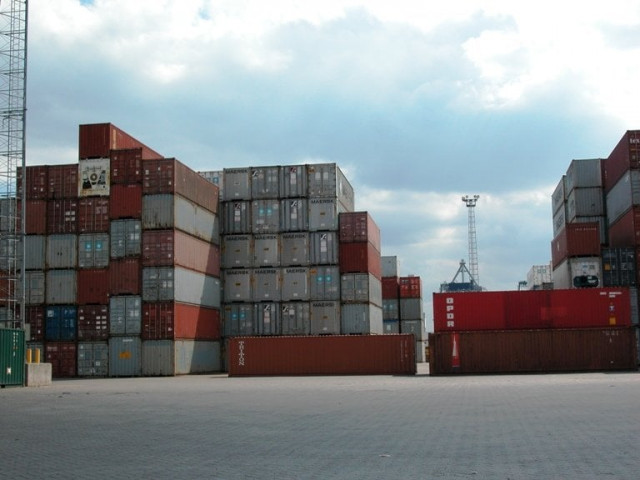To break monopoly, govt considering scrapping regulatory duty
It is also likely to announce major cut in import duties on auto parts for new entrants.

Officials in the Ministry of Industries say the levy of regulatory duty on the import of new cars had led to a hike in vehicle prices. STOCK IMAGE
It is considering a proposal to abolish regulatory duty on the import of new cars in the upcoming auto policy to break the monopoly of existing players.
Officials in the Ministry of Industries say the levy of regulatory duty on the import of new cars had led to a hike in vehicle prices.
The scrapping of the duty would spark competition and consumers may enjoy a reduction in car prices, they say, adding imported cars are of high quality and conform to international standards compared to locally made vehicles that do not meet the standards.
The government is also likely to announce a major cut in import duties on auto parts for new players in the auto industry in order to stimulate investment and create a competitive environment.
Recently, the government has taken notice of the increase in local car prices and the slow delivery of vehicles in an attempt to collect premium from the consumers and has put the matter before the Competition Commission of Pakistan (CCP) for taking appropriate action.
Additionally, it has informed the CCP about monopolistic practices of the domestic car assemblers, who are reluctant to reduce prices and delay the delivery of cars to the consumers.
Imposed in 2007-08, the duty on the import of cars up to 800cc is 50%, above 800cc to 1,000cc the duty is 55%, above 1,000cc to 1,300cc and above 1,300cc to 1,500cc the duty is 60%.

On vehicles having engine capacity of more than 1,500cc to 1,600cc the duty rate is 75%, above 1,600cc to 1,800cc the duty is the same 75% and the rate is 90% on vehicles above 1,800cc capacity.
The duties were lower in 2006-07, but were raised in 2007-08. In 2008-09, 50% regulatory duty was also imposed to discourage the import of new cars. This resulted in a sharp decline in imports and consumers were left with no choice but to buy from the domestic auto industry.
According to officials, the import of new cars up to 1,000cc saw a rise but all other categories showed a sharp decline.
In 2013-14, the consumers imported only 44 cars in the 1,000cc to 1,300cc category, 3,521 vehicles in the 1,301cc to 1,500cc category and 11 cars in the 1,501cc to 1,600cc category.
The Engineering Development Board (EDB) wrote strong-worded letters on February 4 to the three local players in the auto industry, calling for an immediate reduction in car prices following a decline in the Japanese currency.
According to an official, the EDB, in separate letters to the companies’ top executives, said that the companies had been increasing prices of cars in line with the rise in yen, but when the Japanese currency dropped sharply, the same was not reflected in vehicle prices.
The EDB had also received complaints that a certain company had been taking four to five months to deliver cars to the consumers, which it said was unjustified.
Published in The Express Tribune, February 26th, 2015.
Like Business on Facebook, follow @TribuneBiz on Twitter to stay informed and join in the conversation.




1733130350-0/Untitled-design-(76)1733130350-0-208x130.webp)













COMMENTS
Comments are moderated and generally will be posted if they are on-topic and not abusive.
For more information, please see our Comments FAQ